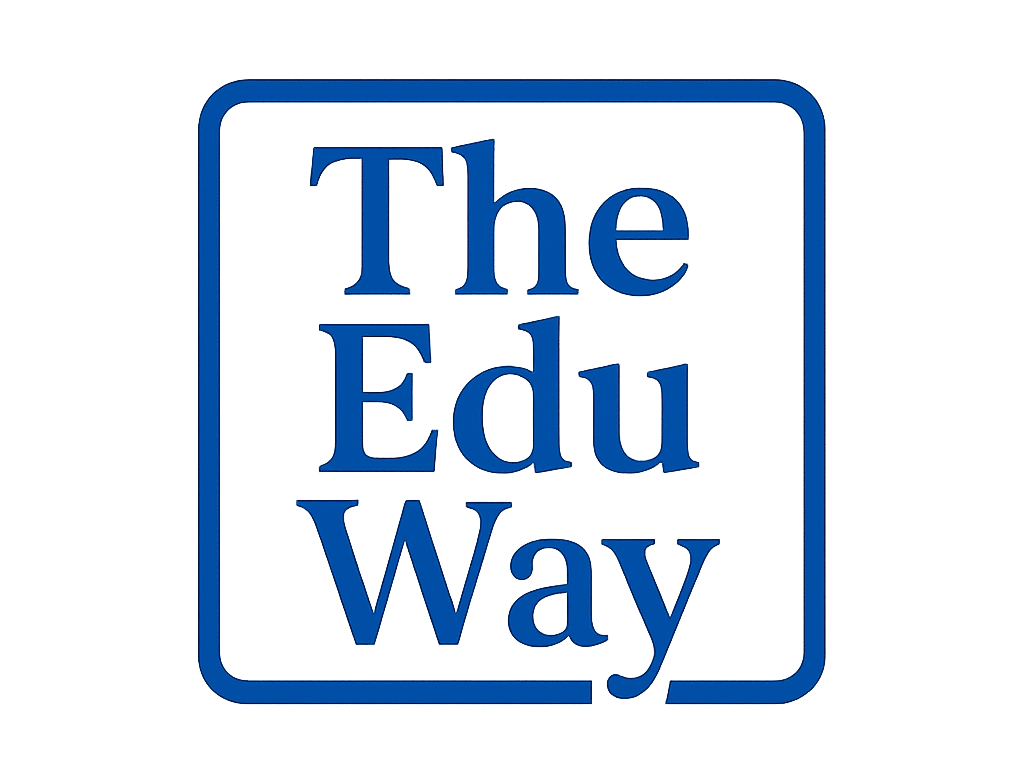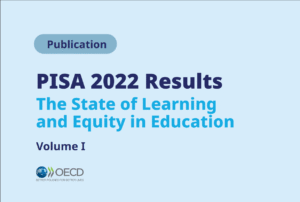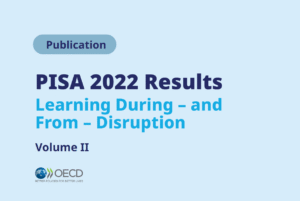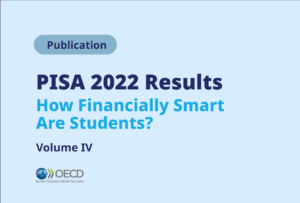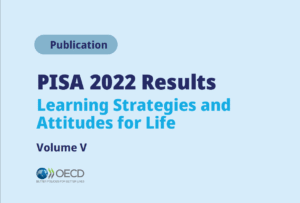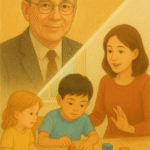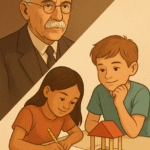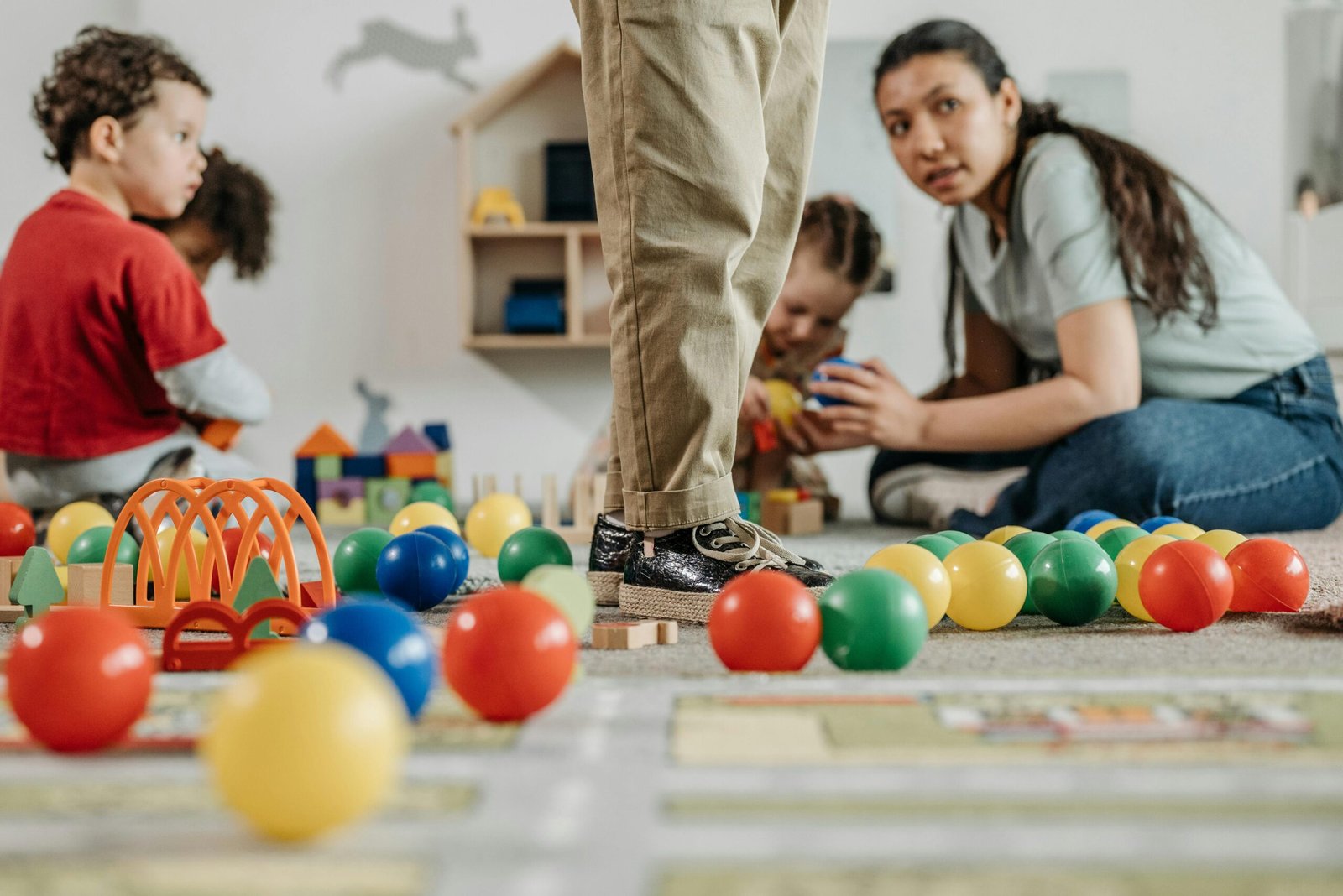
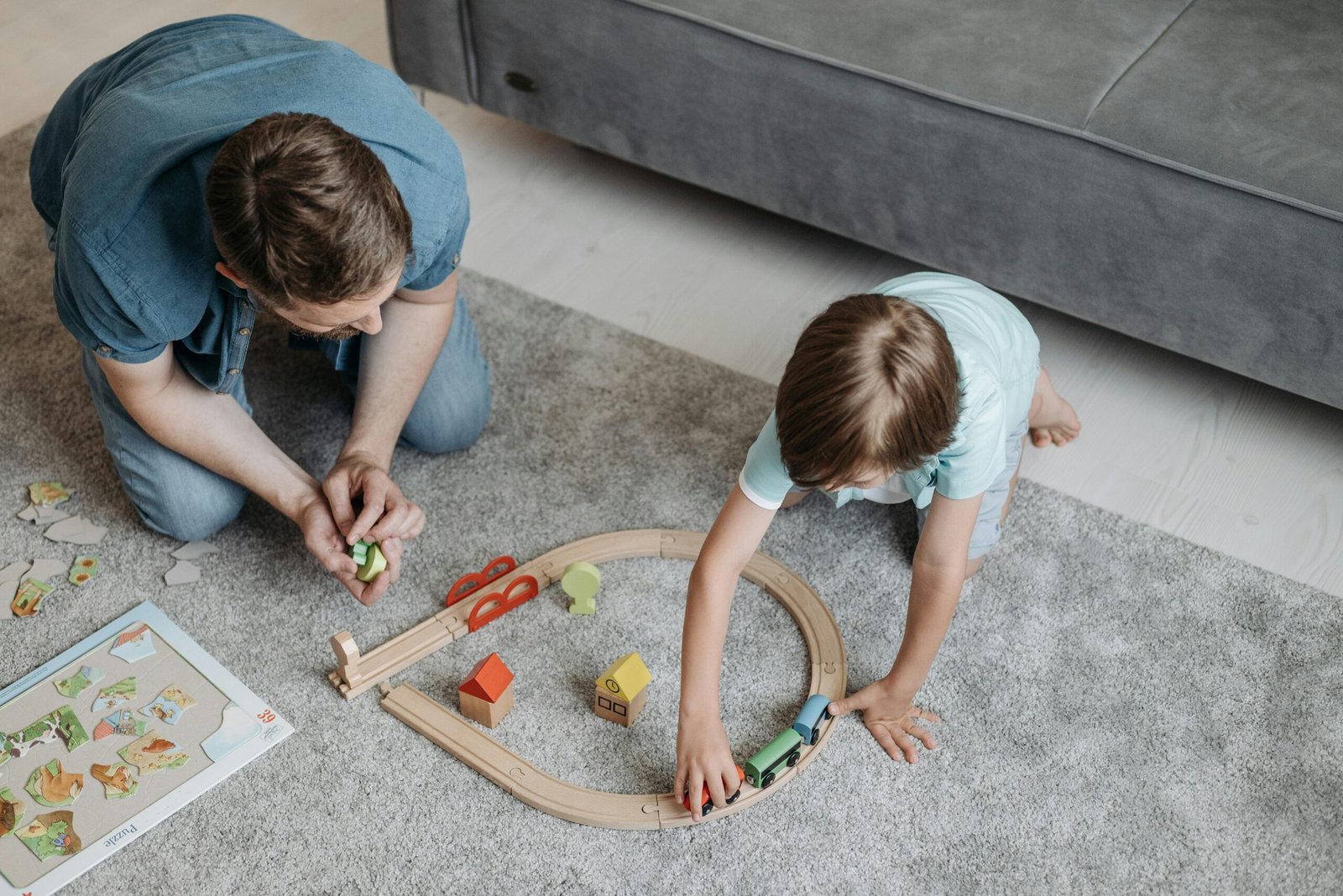
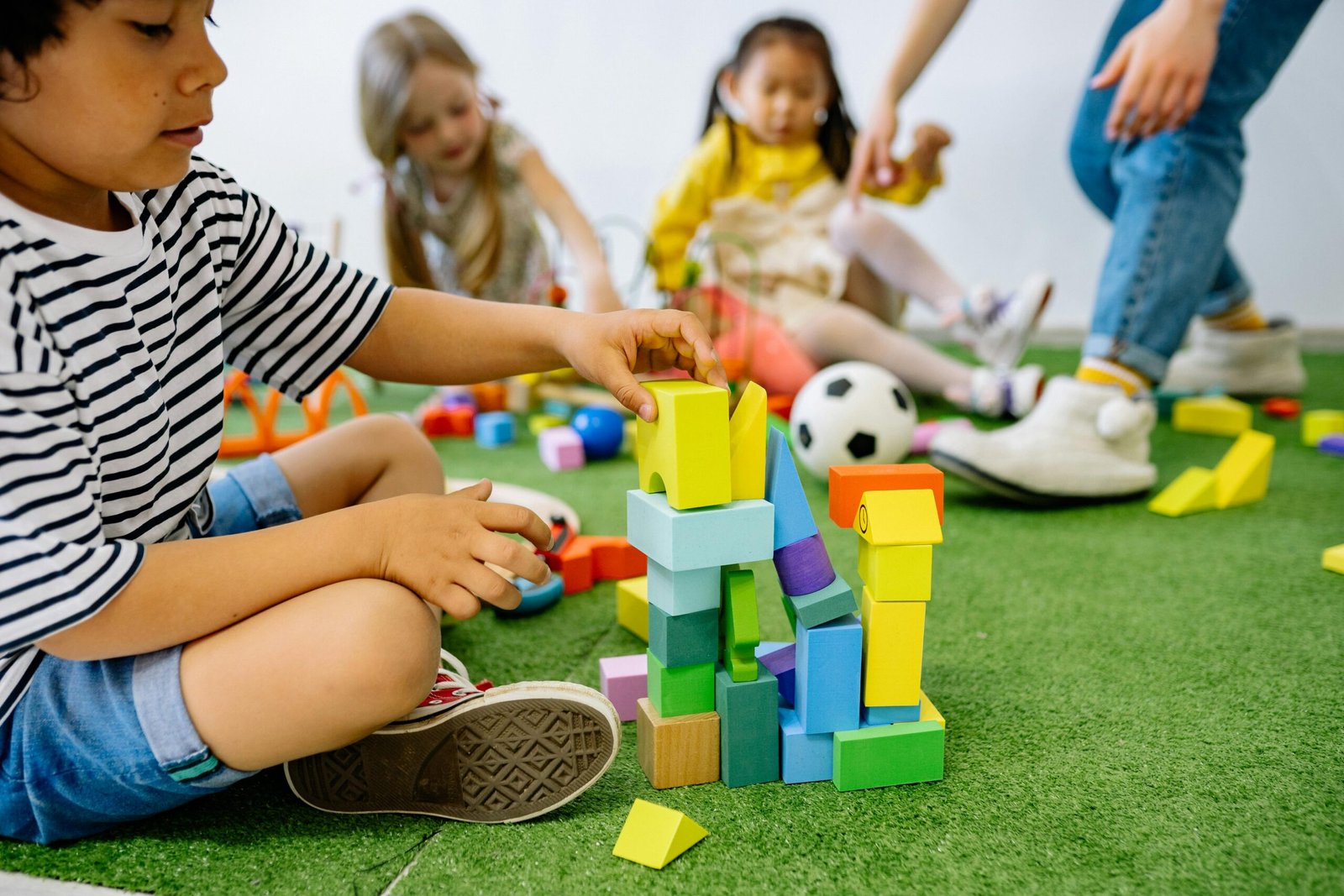
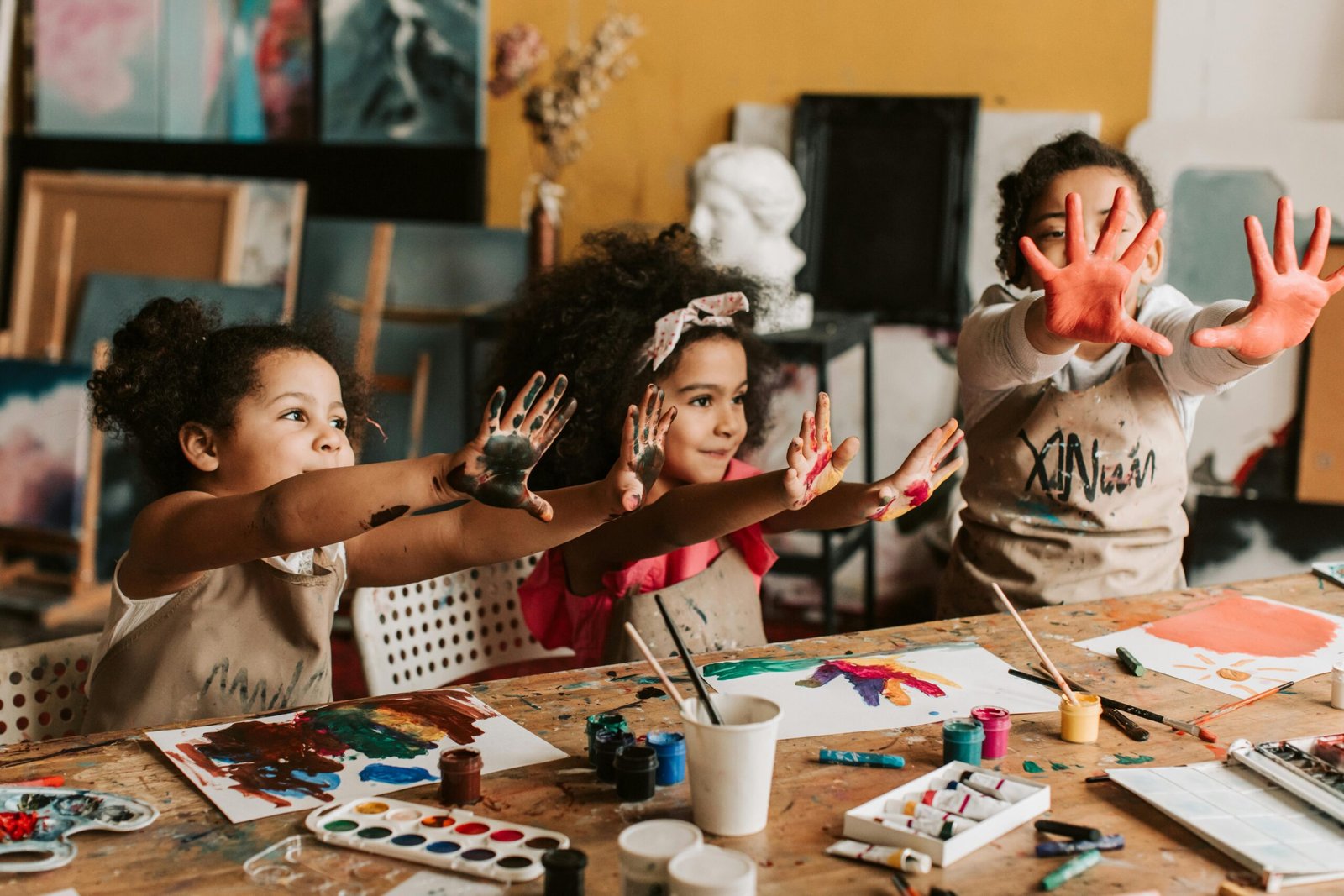
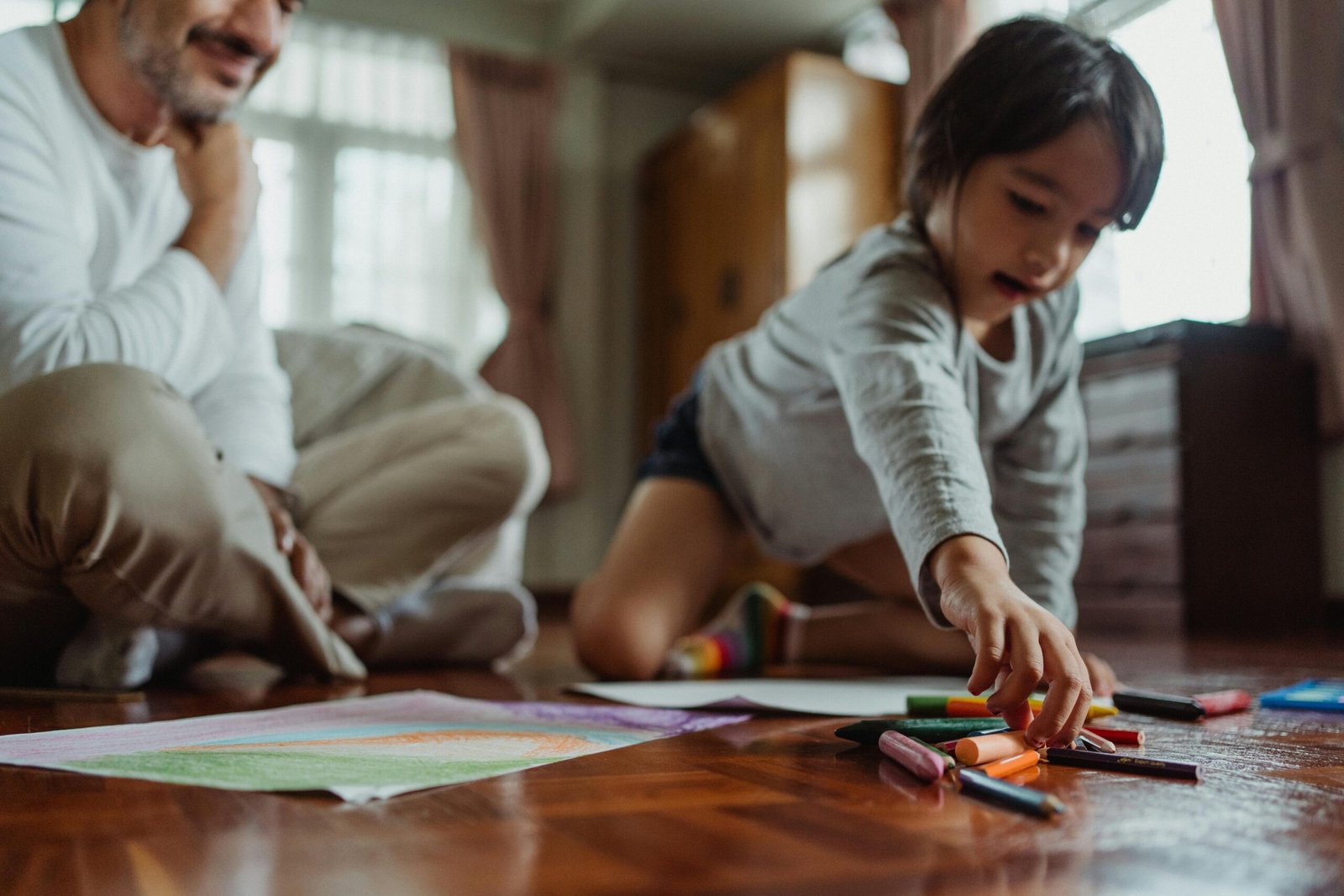
🏫 The Edu Way – Our Values & Goals in Education
At The Edu Way, we believe that every child deserves the opportunity to learn, grow, and thrive through play. Our mission is to bring parents and educators trusted resources, proven teaching methods, and inspiring tools to make education both effective and joyful.
🎯 Our Goals
Empower parents with clear, reliable information about the best educational methods from around the world.
Simplify learning at home by providing practical guides, expert tips, and carefully selected educational products.
Support holistic development by promoting approaches that nurture curiosity, creativity, and independence.
Build a global community of parents and educators who share the same passion for raising confident and capable children.
💡 Our Values
Integrity: We only share evidence-based content and resources we truly trust.
Accessibility: Learning should be simple, affordable, and available to every family.
Innovation: We embrace the best educational tools and strategies from around the globe.
Joy of Learning: We believe education should be an exciting adventure for both children and parents.
Join us in creating a world where learning feels natural, inspiring, and full of possibilities.
The Evolution of Education Through History
« Education has been the cornerstone of human progress, evolving across centuries and shaped by remarkable thinkers.
In Ancient Greece, Socrates introduced the art of questioning, while Plato founded the Academy, one of the first higher learning institutions. Meanwhile, in China, Confucius emphasized morality, respect, and lifelong learning, laying the foundation for values-based education.
🏛️ -500 | Ancient Greece & China
Socrates introduces the method of inquiry and dialogue.
Plato founds the Academy in Athens.
Confucius promotes moral education, respect, and social harmony in China.
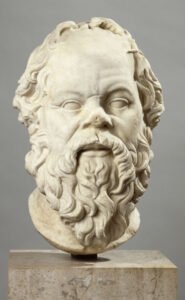 Socrate
Socrate
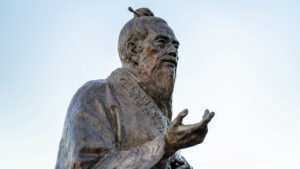 Confucius
Confucius
During the Middle Ages, Charlemagne established a network of palace schools and promoted the Carolingian Renaissance, which revived literacy and learning across Europe. Knowledge was further safeguarded by monastic schools and universities such as the University of Bologna, while Thomas Aquinas blended faith and reason.
🏰 800 | Charlemagne & the Carolingian Renaissance
Charlemagne establishes palace schools and promotes literacy across Europe.
Education becomes a tool of unity in the Holy Roman Empire.
📖 1100–1300 | Medieval Universities
Founding of major institutions like the University of Bologna and University of Paris.
Thomas Aquinas merges Aristotelian logic with Christian thought, shaping scholastic education.
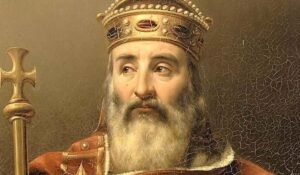 Charlemagne
Charlemagne
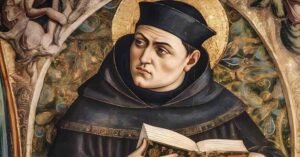 Thomas Aquinas
Thomas Aquinas
The Renaissance ignited a new era of intellectual curiosity. Erasmus championed humanist learning, while Comenius envisioned education for all, promoting visual learning and the use of the mother tongue in teaching.
🎨 1500–1600 | Renaissance Humanism
Erasmus champions education based on classical literature and critical thinking.
Schools begin to move away from purely religious instruction.
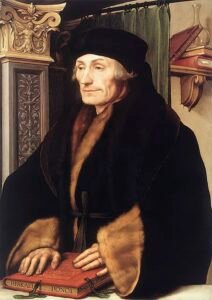
Erasmus
📚 1600 | Jan Amos Comenius
Considered the father of modern education.
Advocates for universal education and visual learning tools.
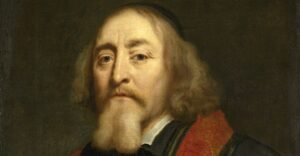 Jan Amos Comenius
Jan Amos Comenius
In the 18th century, Jean-Jacques Rousseau redefined childhood as a unique stage of development, inspiring natural education and individual freedom.
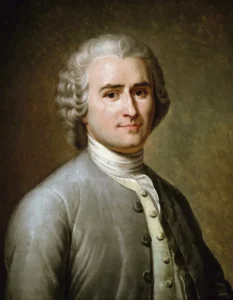 Jean-Jacques Rousseau
Jean-Jacques Rousseau
🌿 1762 | Jean-Jacques Rousseau – “Émile”
Defines childhood as a special stage of development.
Promotes learning through nature and experience, not coercion.
🏫 1800s | Rise of Public Education
Introduction of compulsory schooling in many countries.
State involvement grows in structuring education for all
The 19th and 20th centuries brought public schooling and pedagogical revolutions led by pioneers like Maria Montessori, who empowered children through independence, and John Dewey, who advocated for experiential, democratic education.
🧠 1900–1950 | Progressive & Scientific Education
Maria Montessori develops a child-centered, hands-on approach.
John Dewey emphasizes learning by doing and democracy in the classroom.
🌍 1950–2000 | Modern Alternatives
Rudolf Steiner (Waldorf) integrates arts, movement, and rhythm in learning.
Loris Malaguzzi (Reggio Emilia) promotes expression, environment, and child-led projects.
David Weikart (HighScope) structures active learning through planning and review.
🚀 2000–Today | Innovation & Global Influence
Education embraces technology, inclusion, and hybrid learning.
Methods like Montessori, Reggio, and Waldorf spread internationally.
Global assessments like PISA shape policy and comparisons worldwide.
- World Methods
…
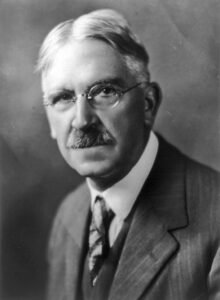 John Dewey
John Dewey
Today, education embraces both tradition and innovation, with methods such as Waldorf (Rudolf Steiner), Reggio Emilia (Loris Malaguzzi), and HighScope (David Weikart) shaping a future where every child can learn through curiosity, creativity, and play. »
